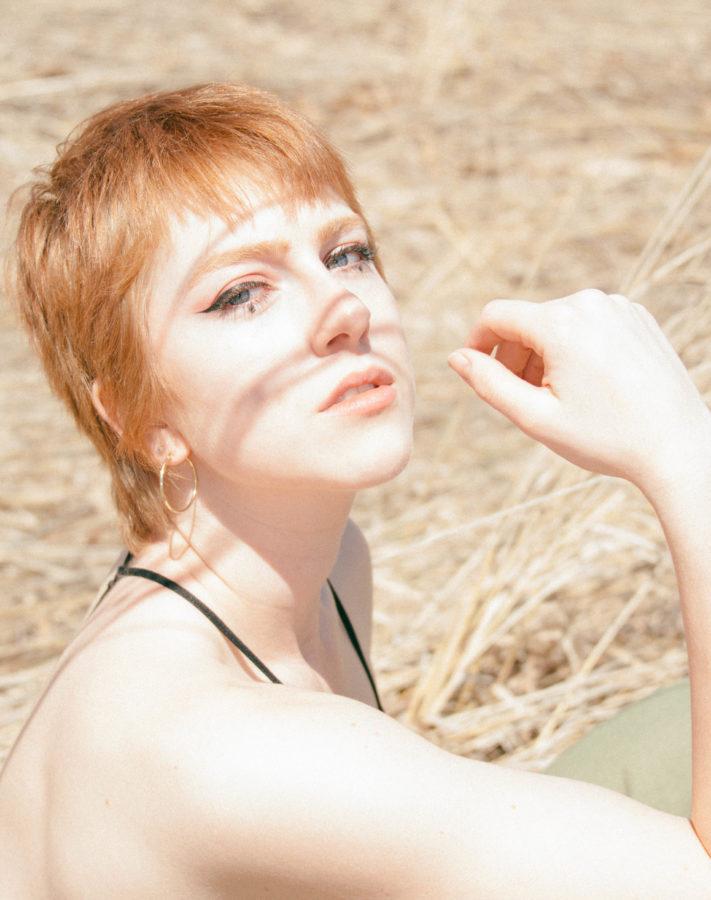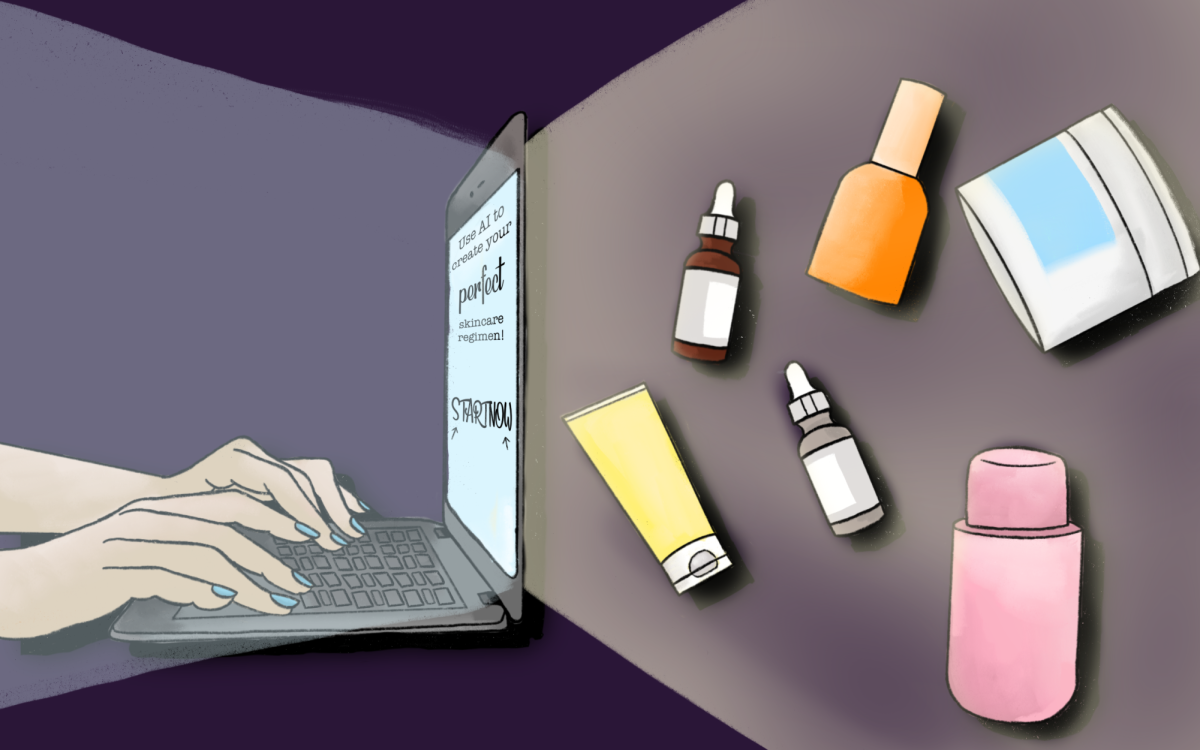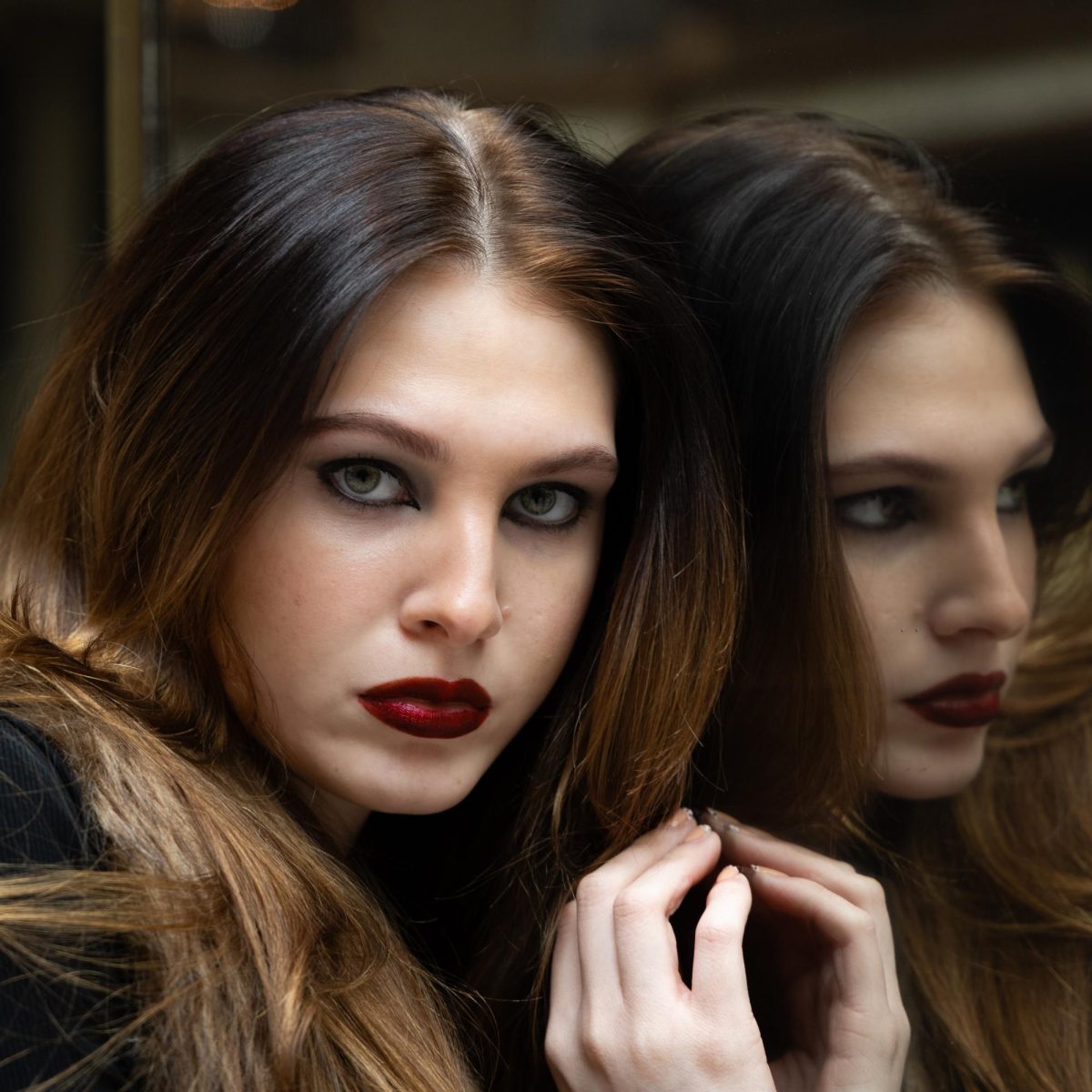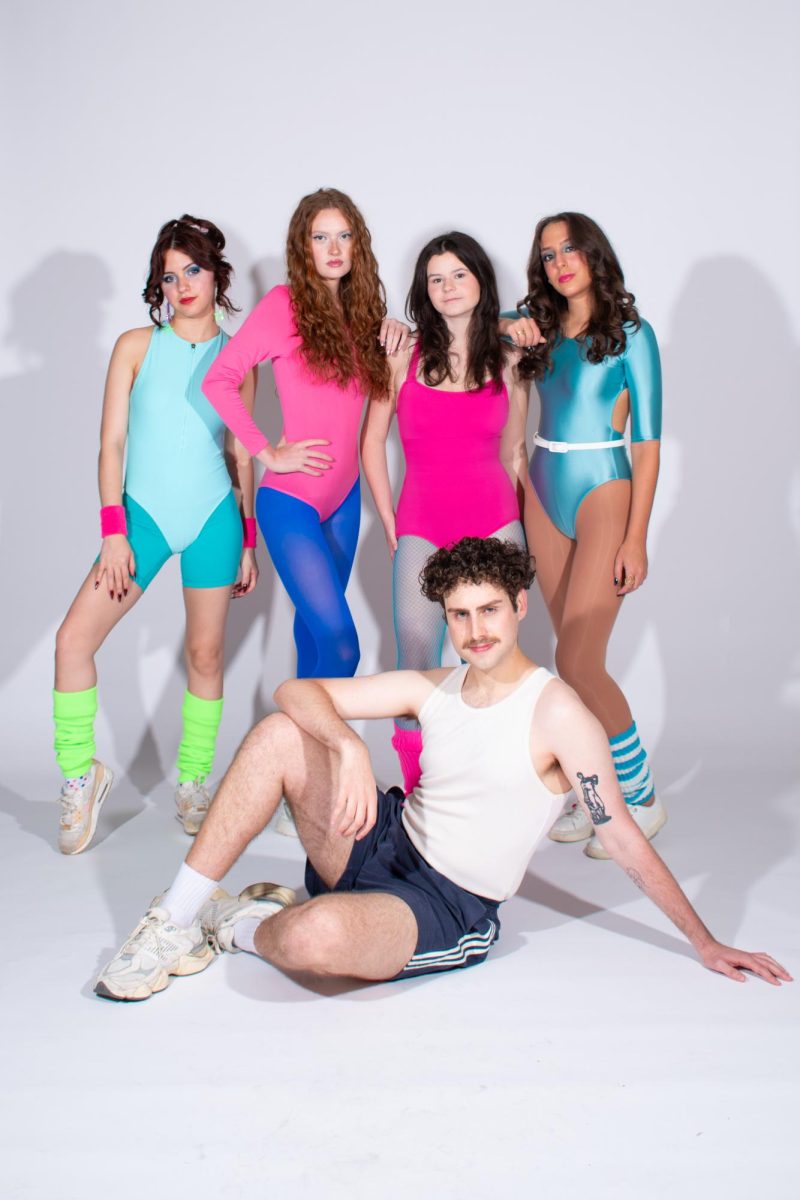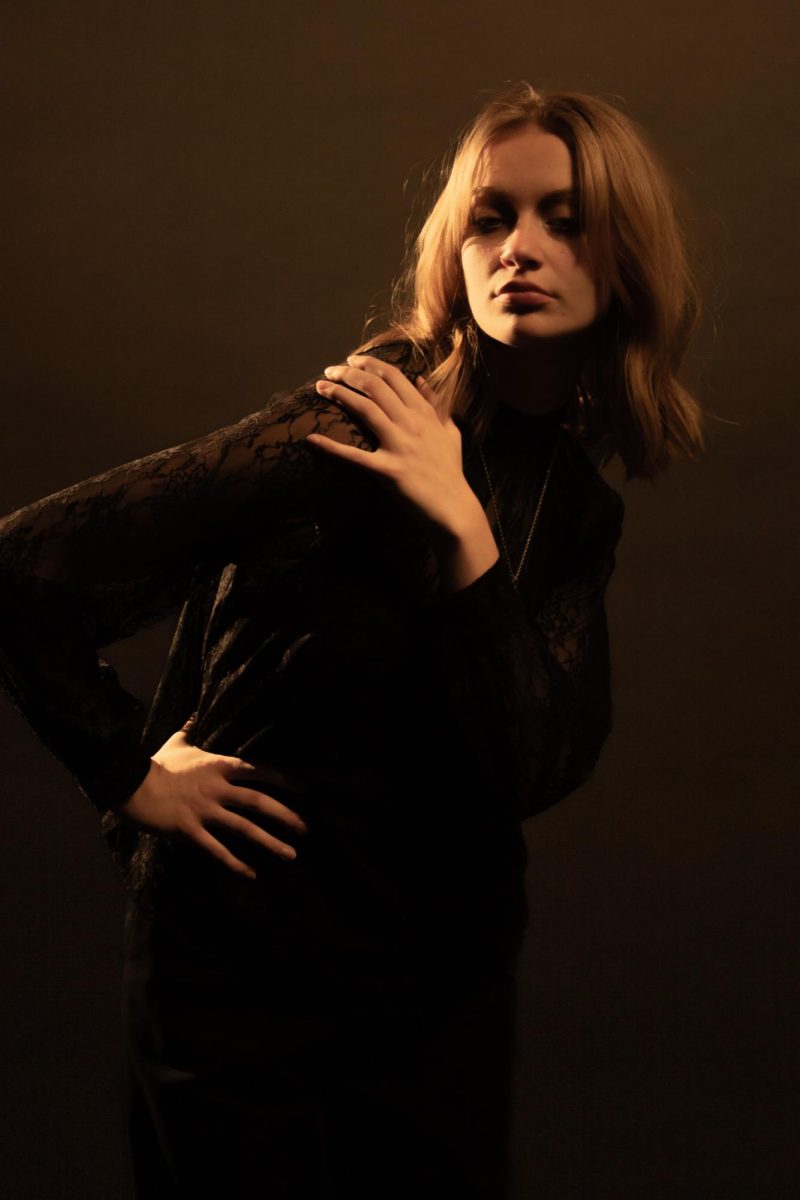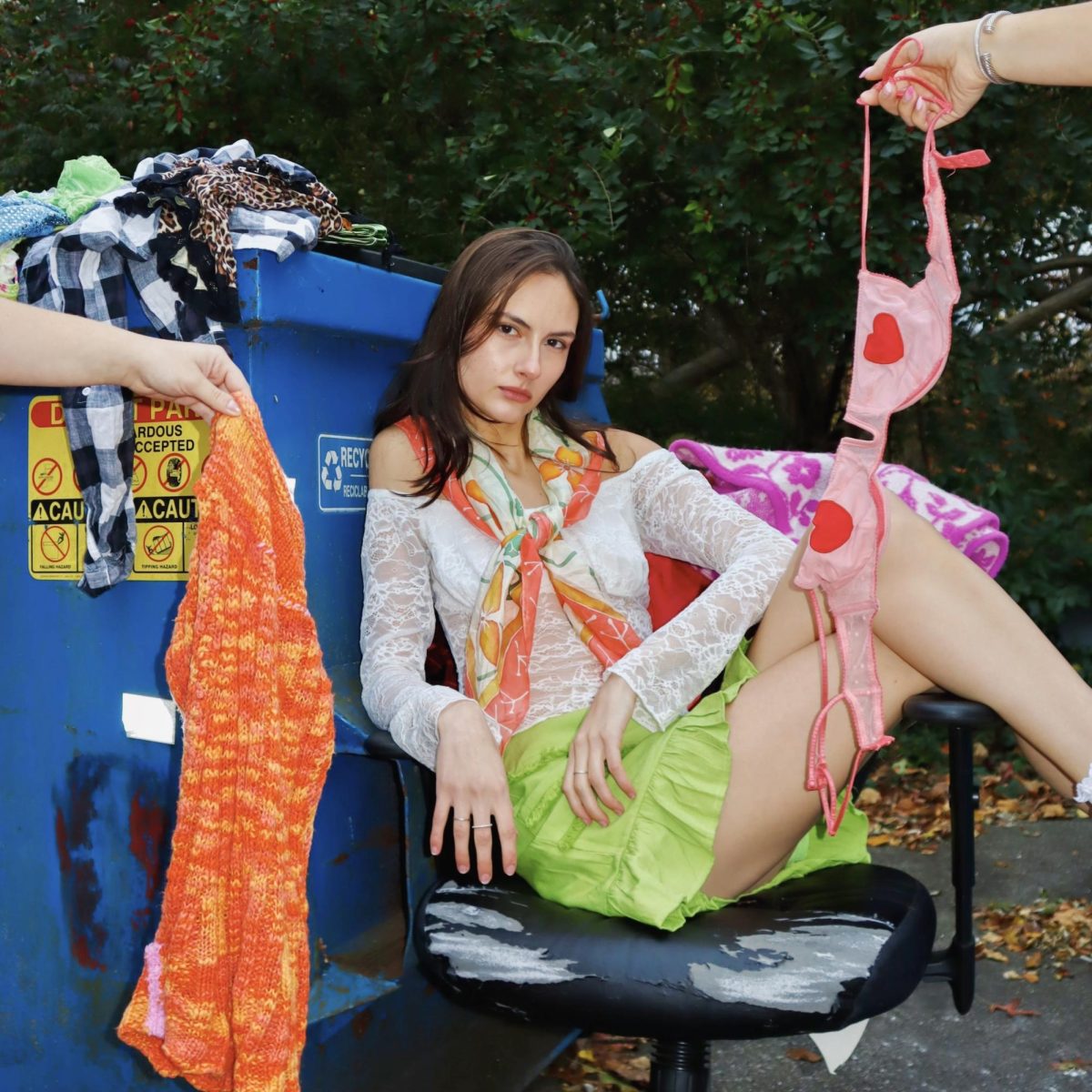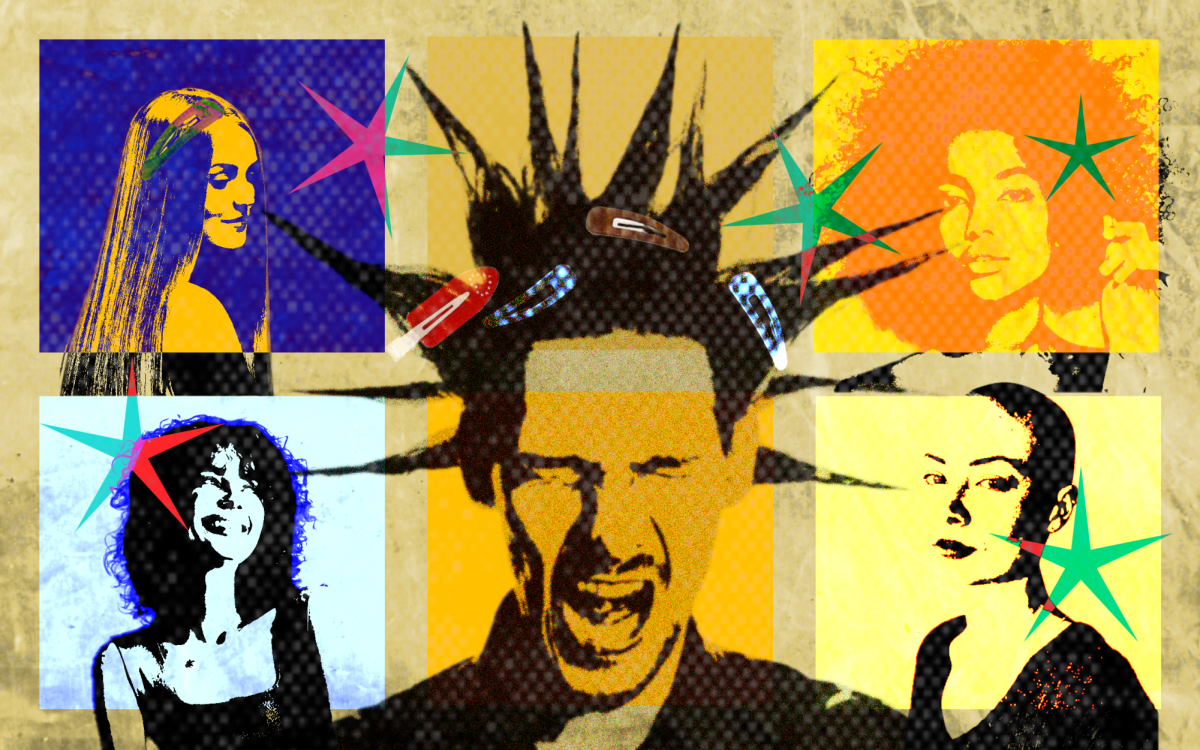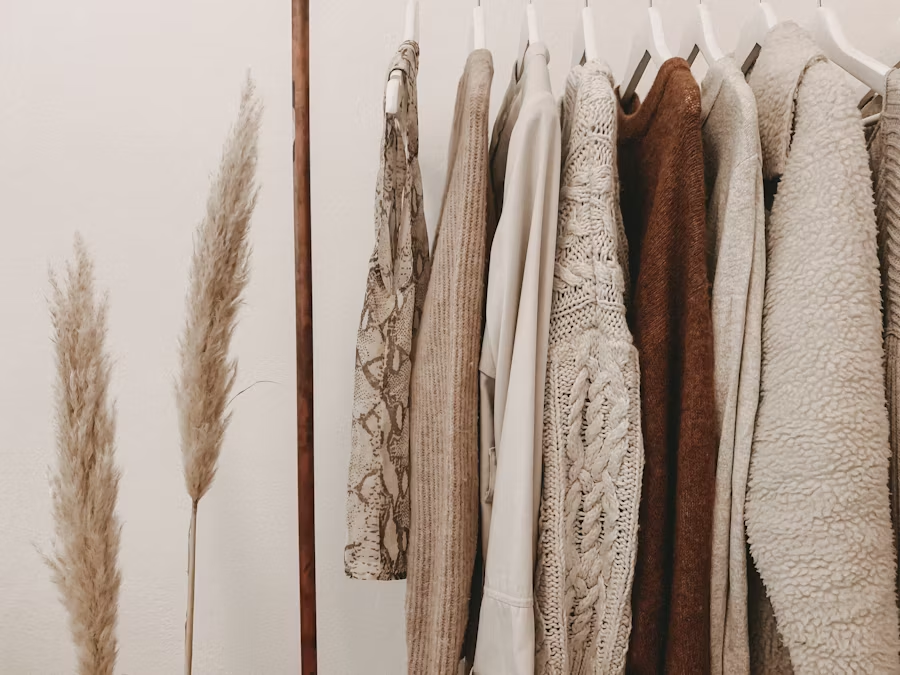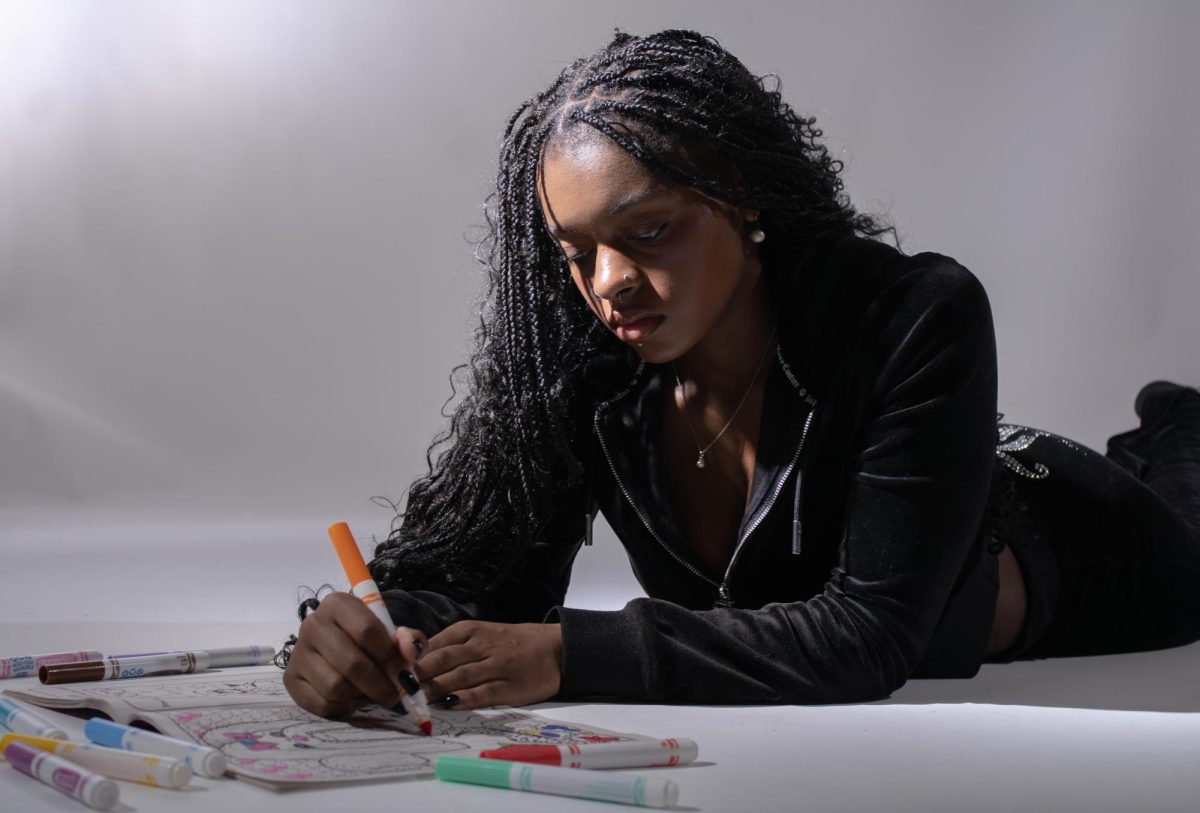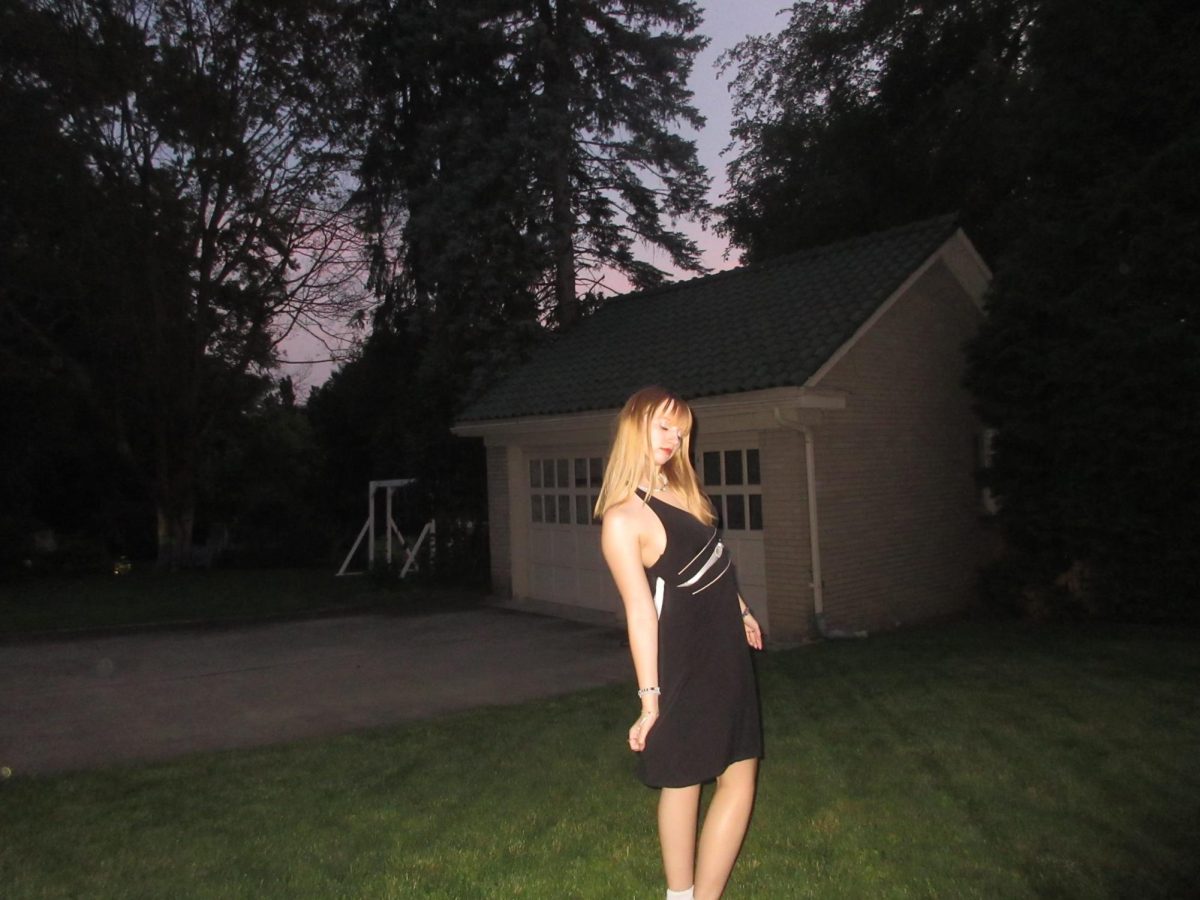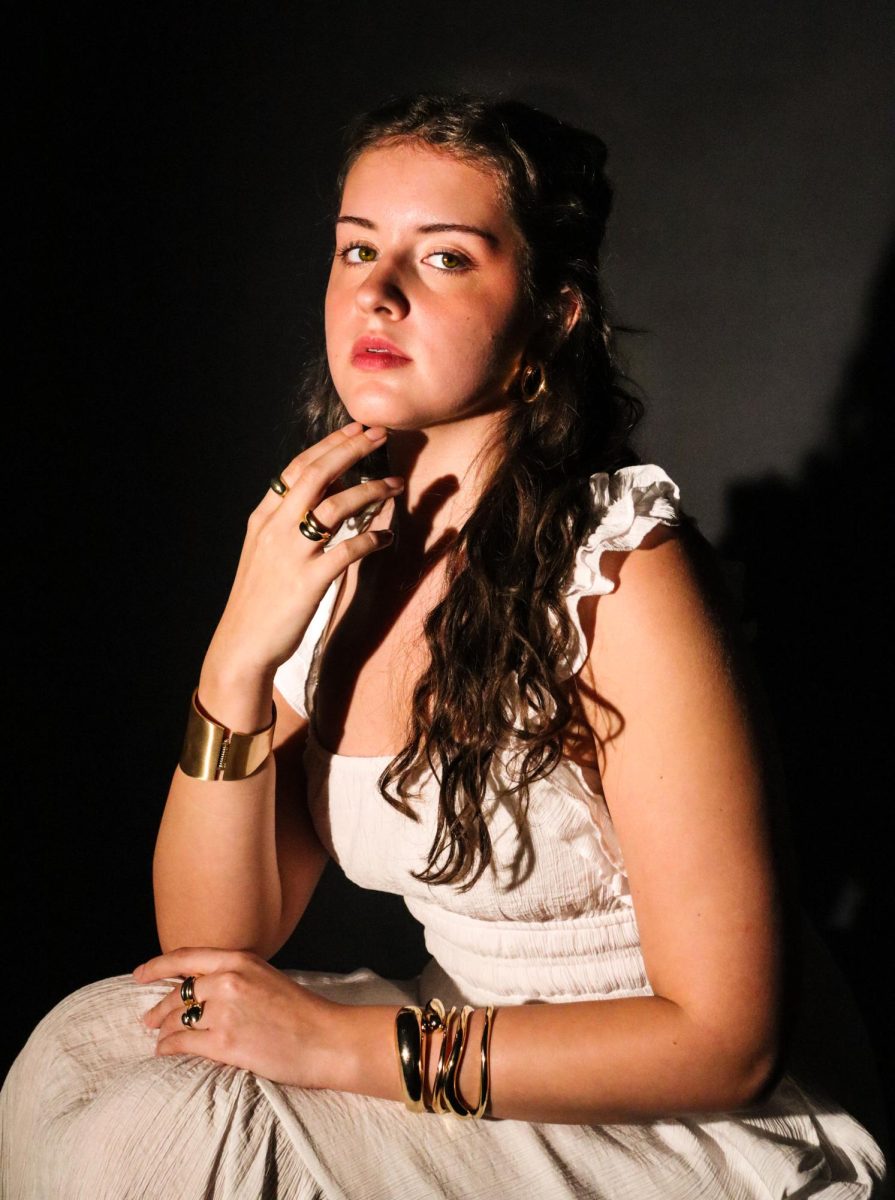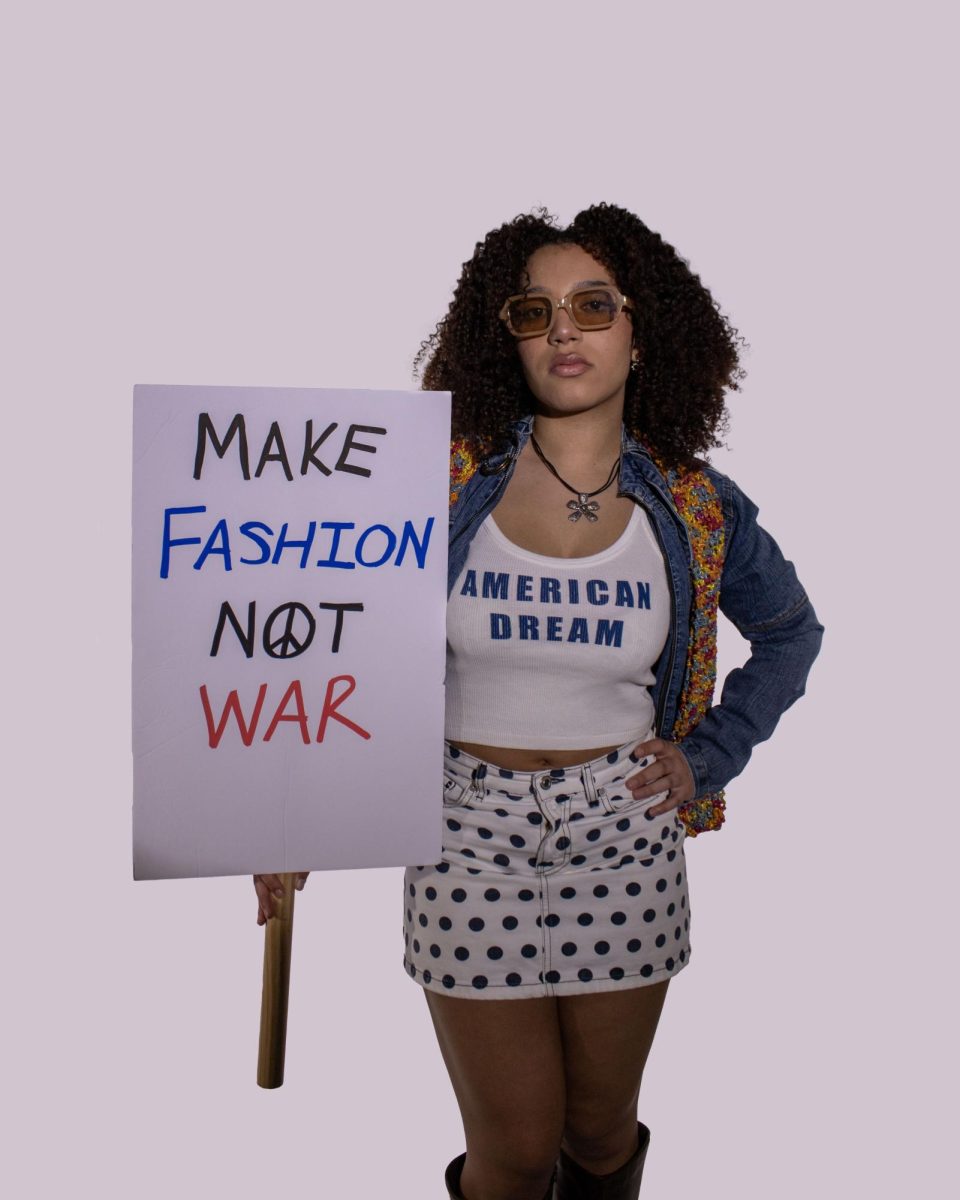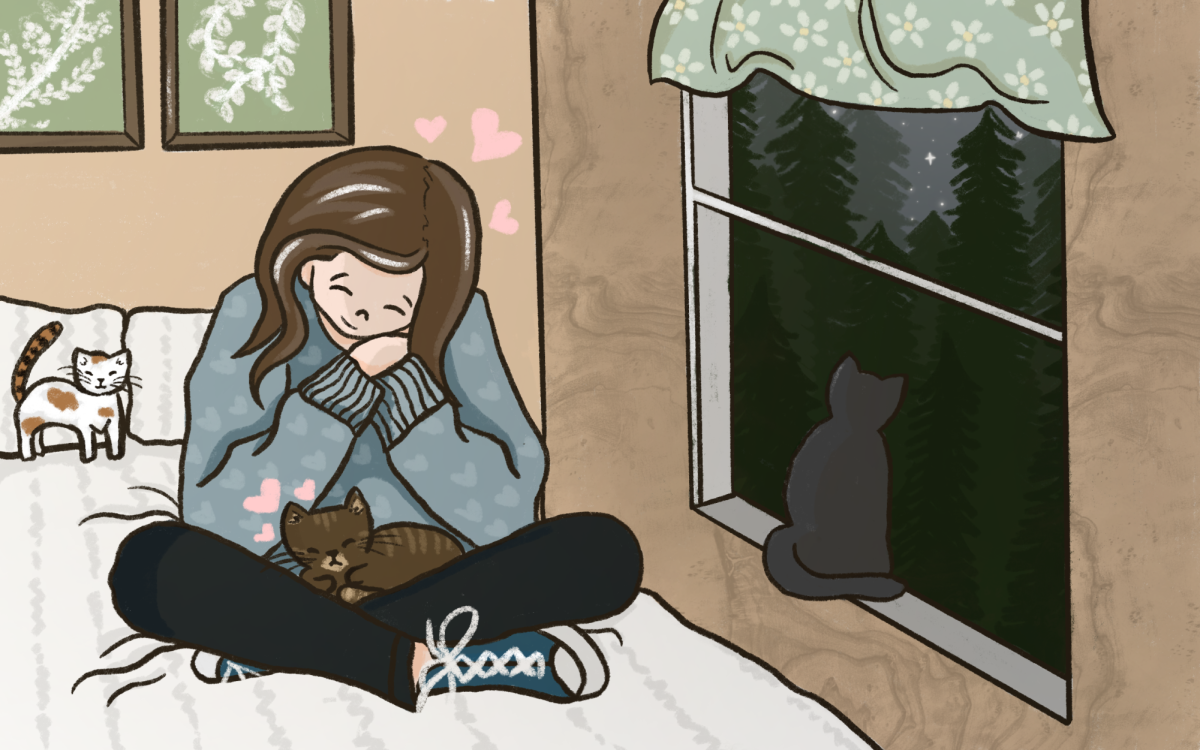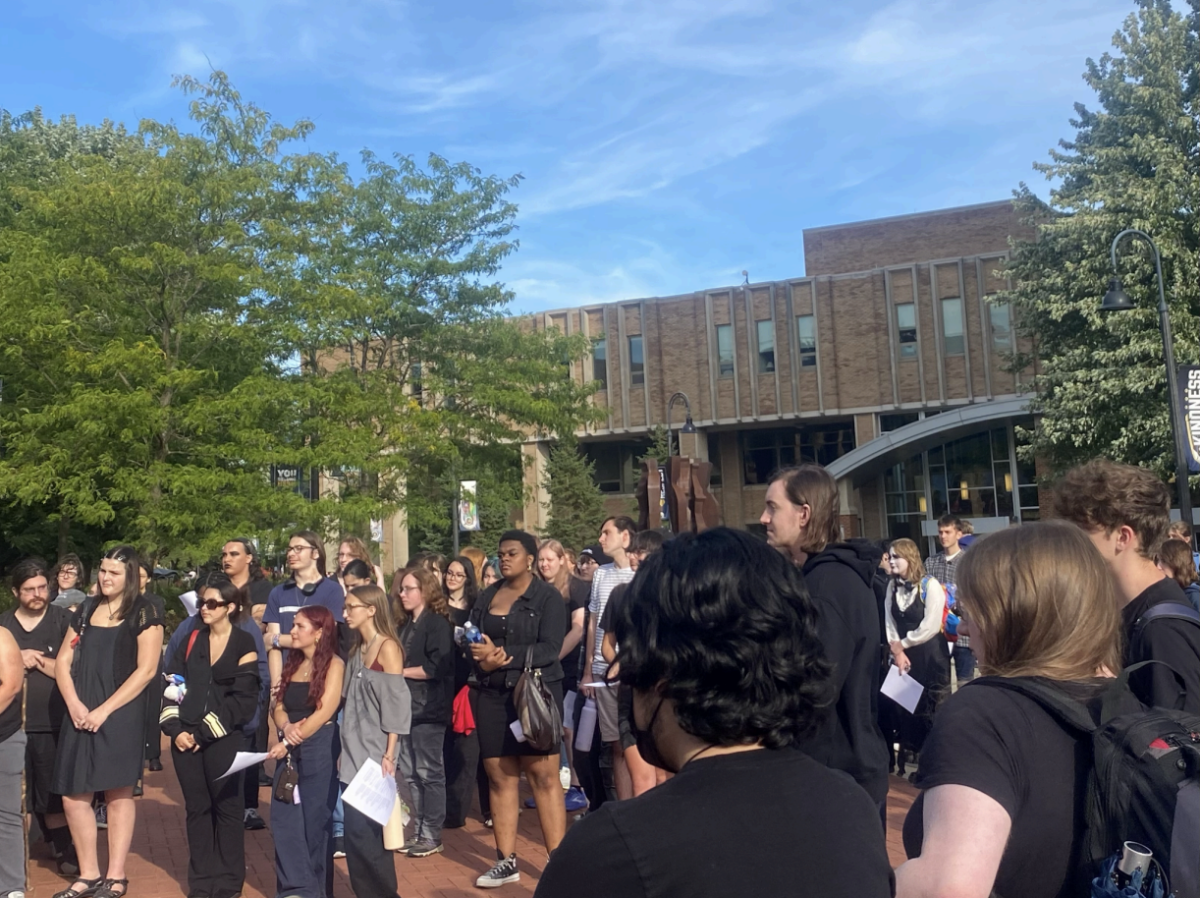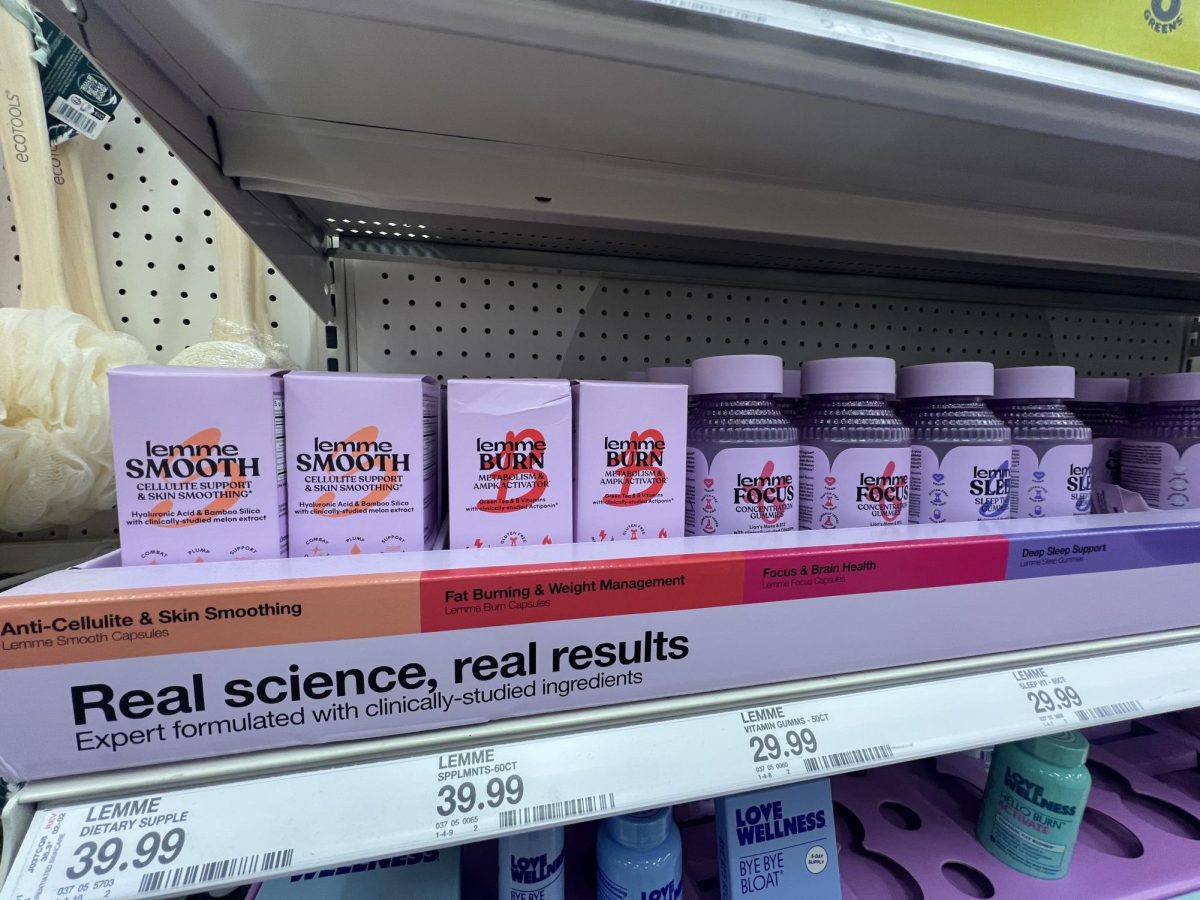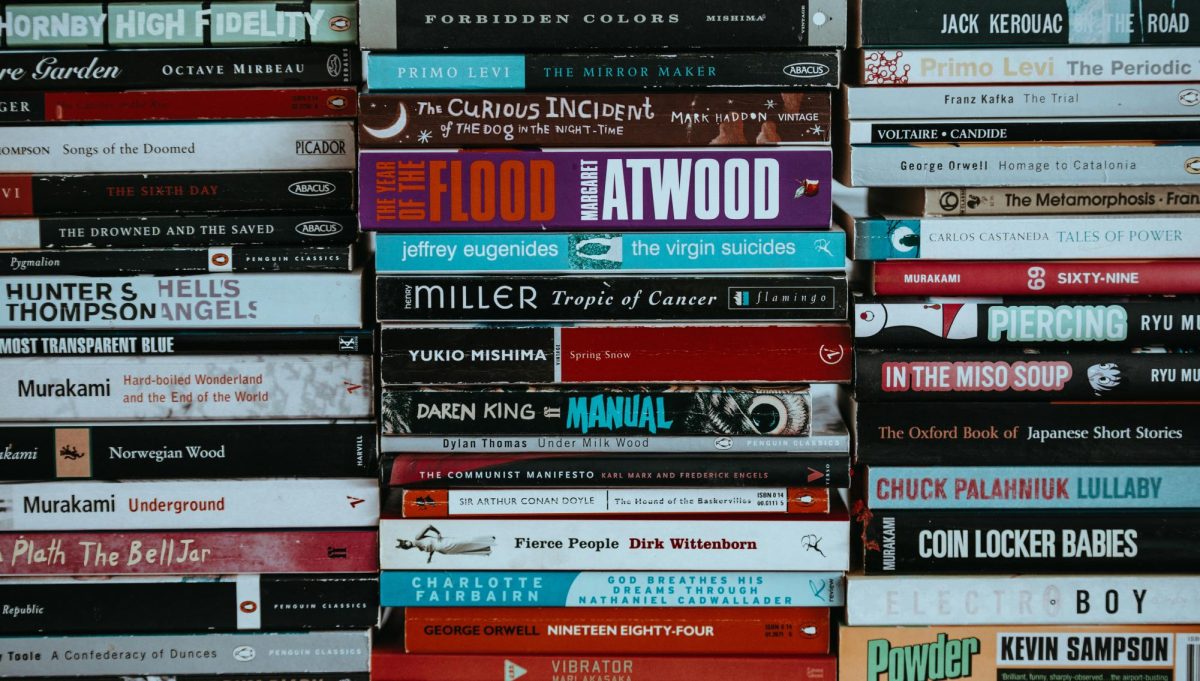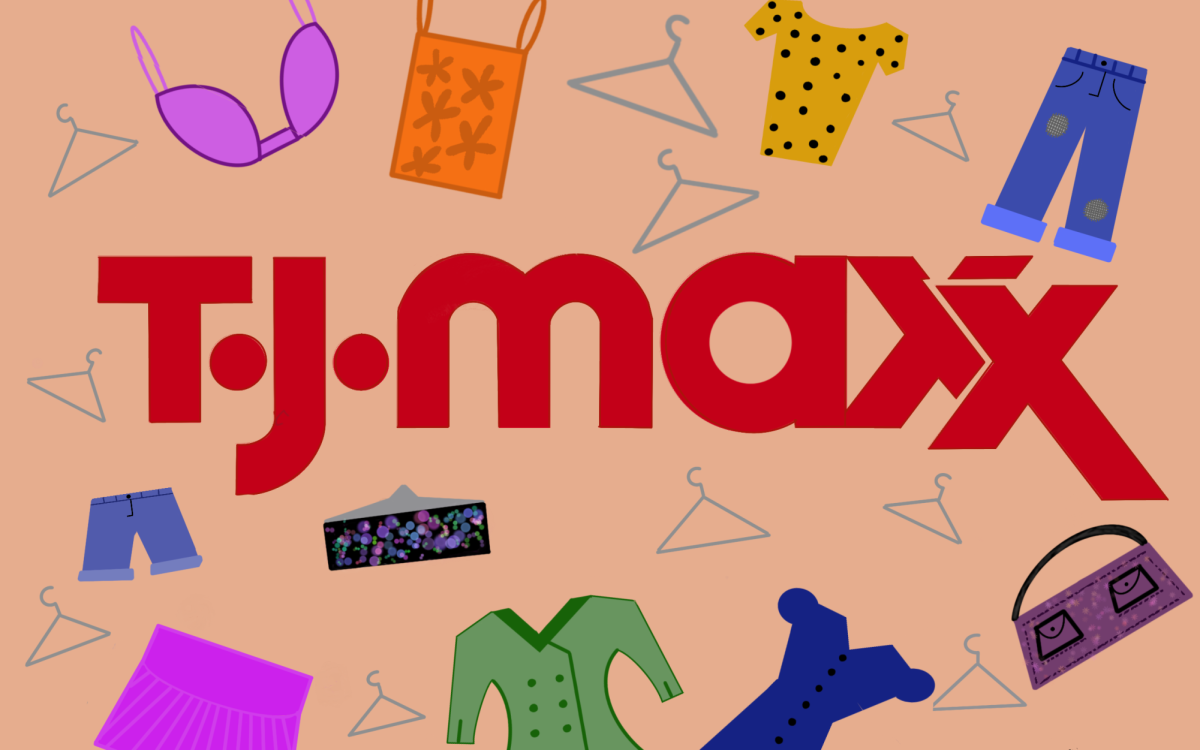You may be familiar with bespoke in the menswear world, but did you know this custom-made practice expanded its reach to beauty? Bespoke originated as a highly exclusive, one-of-a-kind suit that only the wealthiest could afford. The word comes from Old English, meaning “cloth that’s been ‘spoken for’ or reserved.”
These suits are not to be confused with a less expensive custom or made-to-measure suit. The quality of materials and time put into bespoke pieces is unparalleled, which results in a higher price tag. A bespoke suit can cost from $2,800 to $4,800, reports CNBC. A bespoke suit may be a bit out of reach for some, but what about bespoke beauty?
Many other industries tried mimicking this extreme personalization, like bespoke haircuts, tattoos and drinks. The beauty and skincare world latched onto the tradition that is now expected to thrive as one of the top trends for 2018, according to Harper’s Bazaar. Brands will focus on individual consumers by tailoring products to their specific needs and desires, much like the bespoke suiting process.
Bespoke skincare aims to provide custom products based on customers’ concerns and requests. Curology is an example of a company that formulates a “superbottle” of ingredients based on the information and photos customers provide outlining their skin insecurities.
A team of dermatology professionals creates these personalized treatments and is available to answer any questions users may have as a part of the monthly Curology subscription. The product costs $19.95 per month. The brand has 4.7 out of five stars on Facebook with 1,610 reviews and 117,000 followers on Instagram, demonstrating how popular the bespoke method is.
As for makeup, brands pursue custom shades in a couple of different ways. Some customize products to an individual and others offer ways for the customer to customize it themselves. For example, Le Teint Particulier is a personalized foundation created by the brand Lancôme and retails for $80. In order to get a custom foundation formula, Lancôme Color Experts utilize a device that scans bare skin for color matching purposes. The customer then chooses their skin type and the coverage level desired. Finally, the foundation is mixed and bottled.
Youtuber Jeffree Star reviewed the foundation in a video and says, “the match is pretty spot on,” and “it’s really light, I really feel like there’s nothing on my skin.”
Both he and fellow Youtuber Jackie Aina have positive opinions about the foundation. “It looks and feels like my skin” Aina says, “I’m definitely recommending it.” She also commented on her review video saying, “I am confident this is one of the best ways to get a perfect foundation match for all women AND women of color!”
Other brands developed foundation shade adjusters as an alternative to creating a custom shade from scratch. These products range in shades from pure white to deep brown and are ideal for customers who need to make slight adjustments to a foundation shade. NYX has a Pro Foundation Mixer that makes customization more affordable at $10 a tube. Although this is a much more DIY route for personalized products, it is another way to achieve a very similar effect.
As for other makeup products, lip palettes make for a customizable experience that encourages creativity. Anastasia Beverly Hills has a lip palette that retails for $48 and contains 18 shades, 12 of which are more neutral and berry tones, while the last row of six contains primary colors, white, black and a dark plum. These are all ideal for mixing to produce unique lip colors.
Although this isn’t quite the same as purchasing a handcrafted, personalized suit, it would be pretty amazing to have a beauty product created based just for you.

